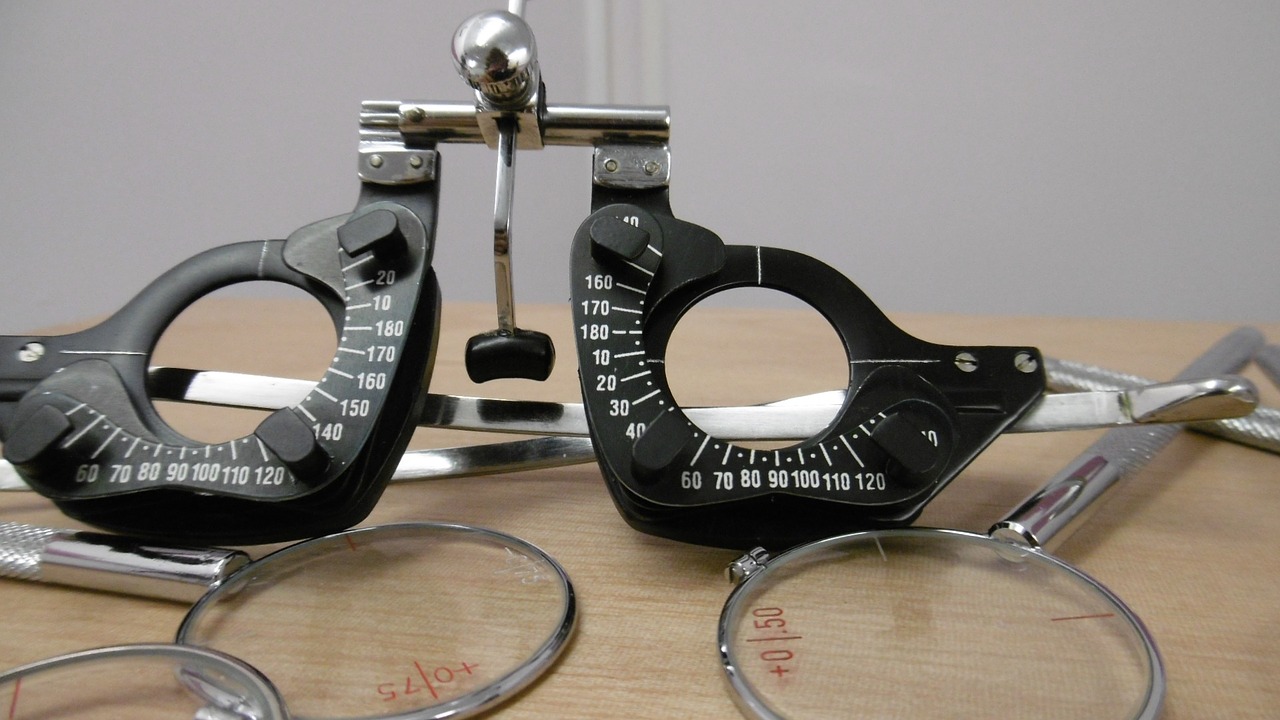Did you realize that an estimated 2 billion people need glasses and don’t have them? Being unable to see clearly can present a variety of problems. For most people, the decision to ignore the need for corrective lenses comes from their inability to pay for the care they need. If you currently have health insurance but no vision coverage, now is the time to make a change.
Trying to get the best vision insurance is a lot harder than you may think. The market is literally flooded with vision insurance options, which is why taking the time to weigh each one is vital. Getting in a hurry and choosing a vision insurance plan may lead to regret later on.
Here are some of the mistakes you should avoid when trying to get the right vision insurance policy.
Find Out What the Policy in Question Covers
Each vision insurance policy is different in regards to what it will cover. Simply assuming that a policy covers all of your needs without looking at the details can be problematic. This is why you need to ask for a breakdown of what the policy covers. While most vision insurance policies will cover things like eye exams and the cost of glasses or contacts, they may not cover other important procedures.
Often times, treatments for serious eye conditions like glaucoma or macular degeneration will be covered by a health insurance policy. However, you need to avoid assuming your policy will cover this. If your family has a history of these horrible eye diseases, you need to make sure you are covered to get treated for them. Looking to see if a vision insurance policy covers elective procedures like LASIK is also important.
How Will You Cover Additional Vision Care Costs?
The biggest misconception most people have is that their vision insurance policy will cover the entire cost of their eye care. In reality, many plans simply don’t do this. Instead of being left with a large eye care bill you can’t pay, you need to take preventative action to prevent this problem.
One of the best ways to do this is by using the funds in either your Health Savings Account or Flexible Spending Account. If you currently don’t have either of these accounts established, you need to make a change. Consulting with a knowledgeable insurance agent is crucial when trying to get one of these accounts in place. Not only can these professionals help you set up the account, they can also provide some guidance regarding how much money to put in it every month.
There is a Difference Between Vision Insurance and Vision Discount Plans
Some people think that having a vision discount plan is the same thing as having an insurance policy. This could not be farther from the truth. These discount cards only work if the eye doctor in question has agreed to the terms ahead of time. Generally, these discount cards will have a list of approved doctors in your area.
However, this discount card is in no way a replacement for an actual insurance policy. These cards can save you a bit of money, but you will be solely responsible for the overall cost of your eye care treatments. Rather than shouldering this burden, you need to invest in a legitimate eye insurance policy.

Make Sure Your Favorite Optometrist Accepts the Insurance In Question
Are you having trouble narrowing down the selection of vision insurance policies at your disposal? If so, you need to collect some more information regarding which eye doctors in your area are covered by these various policies. If you have been going to the same eye doctor for years, chances are you want to continue seeing them. Therefore, if a particular policy does not cover these visits, you can remove it from the list of possibilities.
You Need Vision Insurance
Instead of viewing vision insurance as a luxury, you need to look at it as a necessity. Without vision insurance, you will have to pay a lot of money out of pocket for your eye care. Putting time and effort into researching your vision insurance policy options will pay off when you are able to make an informed decision.

Leave a Reply